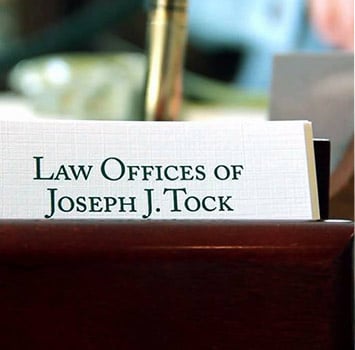The bail system in New York is unfair and relatively arcane in comparison to most other systems around the country, according to critics. Even where low bail is set for a misdemeanor or even for an alleged criminal offense that is a nonviolent felony, the accused may languish in the outdated prison facilities at Riker’s Island for months or years awaiting a trial. That unacceptable fate may be avoided by pleading guilty, but such a move impinges the future life of the accused, who must be tagged permanently with a criminal record.
That dilemma is the subject of a plan proposed by Mayor DeBlasio’s office that would provide supervised release without bail for persons accused of minor offenses who are determined not to be a threat to the community or a risk of flight. While the plan would be an improvement, it cannot address the unfair system that would remain in the rest of the state. A resolution of the problem statewide will take a reformist push by Governor Cuomo and the state legislature.
The chief judge of New York’s highest appellate court has called for new legislation that would provide for the release without cash bail of anyone determined to not be a danger or a flight risk. The legislation, however, is stalled in Albany. Critics suggest that the judiciary should go forward and implement programs similar to what Mayor DeBlasio has instituted in New York City.
Some reformers have proposed that the New York courts impose a “partially secure” bond in such situations so that the payment on default would consist of only a partial amount of the full bond that was set. It is urged that modifications of the current system can be adopted and applied by the judiciary right away without the necessity of statewide legislation. After all, a person accused of a criminal offense should be given the right to be free in most instances while awaiting trial. That is consistent with the basic principle that declares a person innocent until and unless proven guilty in a court of law.
Source: The New York Times, “Trapped by New York’s Bail System“, July 10, 2015

